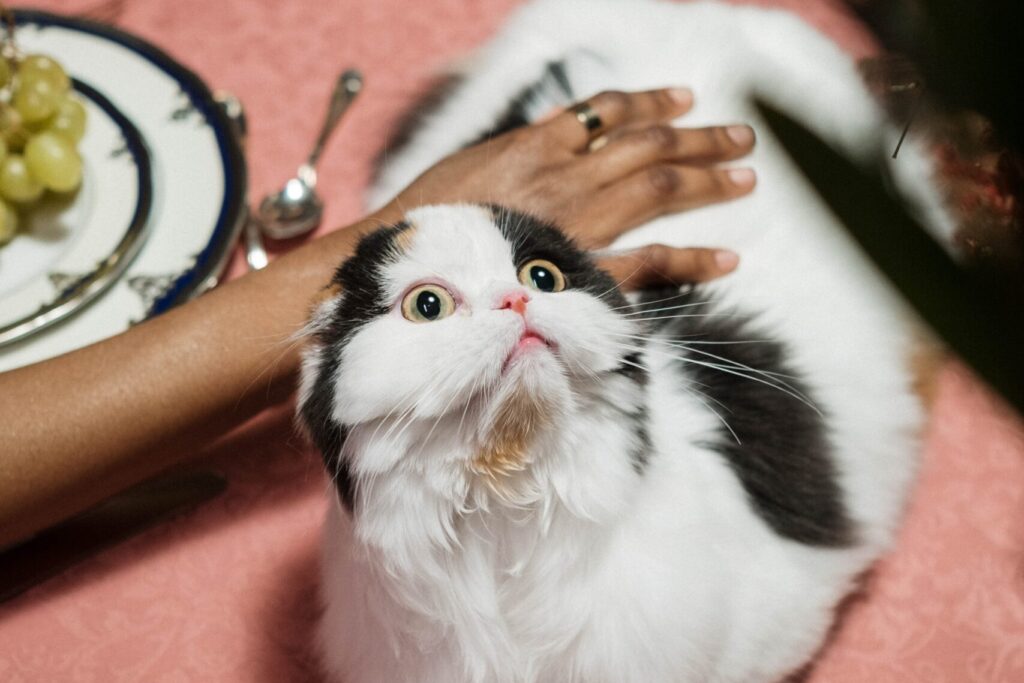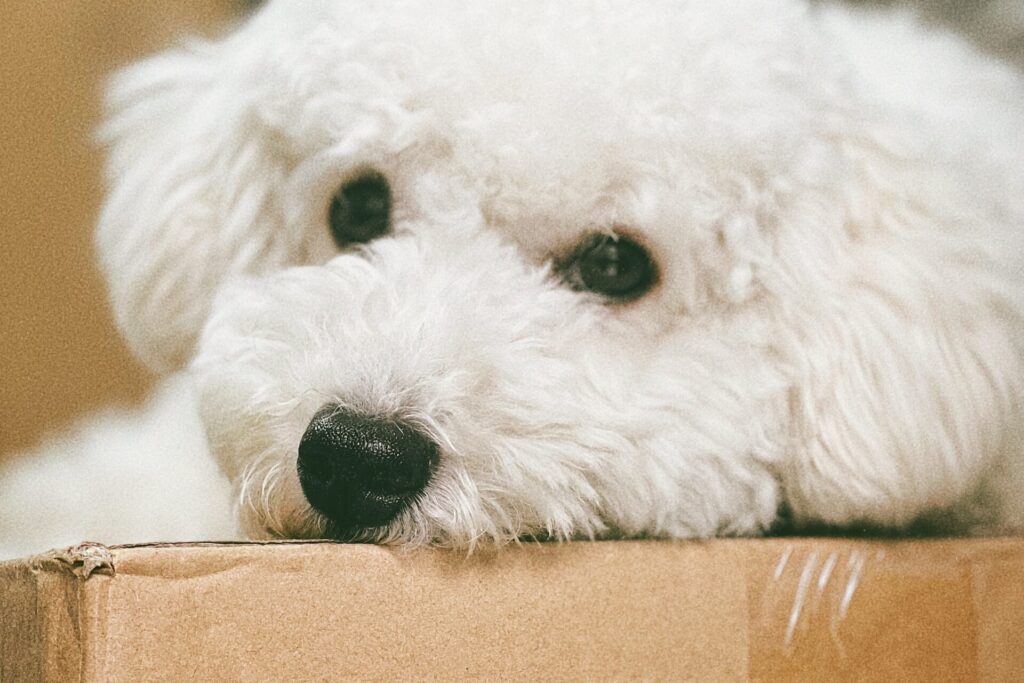Losing a pet is every pet owner’s nightmare. The sense of panic and desperation that comes with searching for your beloved friend can make you more susceptible to scams. Unfortunately, there are unscrupulous individuals out there who prey on vulnerable pet owners during these distressing times. In this blog post, we’ll shed light on some common lost pet scams and provide tips on how to avoid falling victim to them.
- The Fake Reward Scam: One of the most common scams involves someone claiming to have found your pet and demanding a reward for its return. They may provide vague descriptions of your pet or refuse to send photos until you agree to pay up front. In some cases, they might even ask for an exorbitant sum of money, preying on your emotions to extort you.
How to Avoid It: Always ask for clear, recent photos of your pet to confirm that the person claiming to have found them is genuine. Never agree to pay a reward unless you are comfortable doing so, and only after confirming that they indeed have your pet in their possession. If they refuse to provide proof or seem overly eager for payment, proceed with caution.
- The Google Code Scam: A common lost pet scam often begins with a heartfelt plea or advertisement claiming to have found your pet. Typically, the scammer will request communication through email or messaging apps, citing convenience. In their correspondence, they might ask for details about your pet to verify ownership. They’ll claim that for security purposes or to confirm ownership, you need to provide them with an authentication code sent to your phone. Unbeknownst to many, this code grants them access to your Google account, potentially compromising sensitive information stored within.
How to Avoid It: Never give out authentication and security codes to another person, including anyone claiming to be a Google employee. There is no reason any well-meaning person would need verification codes sent to your phone or email.
- The Imposter Pet Recovery Service: Scammers sometimes pose as legitimate pet recovery or “pet detective” services, promising to reunite you with your lost pet for a fee. They will often have a newly established social media page such as Instagram for their fake business. They may use convincing language and claim to have a high success rate, but in reality, they have no intention of helping you find your pet.
How to Avoid It: Research any pet recovery service thoroughly before engaging with them. Look for reviews from other pet owners and check if they have a legitimate online presence. Be wary of services that pressure you to pay large sums of money upfront or refuse to provide details about their methods.
- The Phony Pet Microchip Scam: Some scammers target pet owners by claiming that they’ve found their lost pet’s microchip and offer to reunite them for a fee. They may provide fake information about the pet’s whereabouts or demand payment for updating the microchip registry.
How to Avoid It: Ensure that your pet’s microchip information is up to date with accurate contact details. If someone claims to have found your pet through its microchip, ask them to provide specific information about your pet that only the true finder would know. Additionally, contact the microchip registry directly to confirm any updates or changes to your pet’s information.
In conclusion, while losing a pet can be a heartbreaking experience, it’s essential to remain vigilant and cautious when dealing with potential scams. By being aware of common tactics used by scammers and taking proactive steps to verify the legitimacy of any claims or offers, you can protect yourself and increase the chances of being reunited with your beloved companion. Remember, genuine helpers and pet lovers are out there, but it’s crucial to discern between them and those looking to take advantage of a difficult situation.





